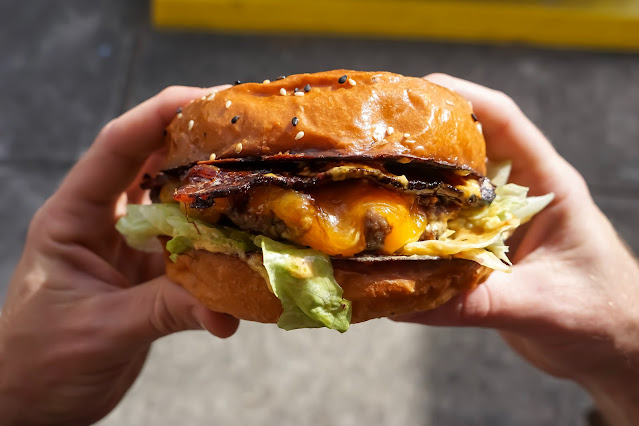Compulsive Overeating vs. Binge Eating Disorder
If you find that you constantly overeat and you feel like you can’t stop even if you are uncomfortably full, you may have Binge Eating Disorder and may need help by talking to a specialist
Symptoms of Binge Eating Disorder:
If you are concerned that you may have binge eating disorder, watch for the following symptoms:
- You eat more food than other people do in the same situation.
- You feel like you can’t control how much you eat.
- You feel very ashamed, disgusted and sad after you binge eat.
- You often eat alone to hide this behavior from family and friends.
- You routinely binge eat at least once a week for 3 months or longer
Who is at Risk of having Binge Eating Disorder?
People with emotional or mental health problems, such as depression, anxiety, bipolar disorder, and substance abuse may have Binge Eating Disorder as a result of using food to cope with these issues.
What Causes Binge Eating Disorder?
Getting Treatment
If you think you might have binge eating disorder, it is possible to get successful treatment. The first step is getting a diagnosis by a doctor or other health professional. They will ask questions about your eating habits, emotional health, body image, and feelings toward food and help you with the next steps which may be a prescription for anti-depressants and/or meeting with a psychiatrist or other counselor to work through emotional issues.








